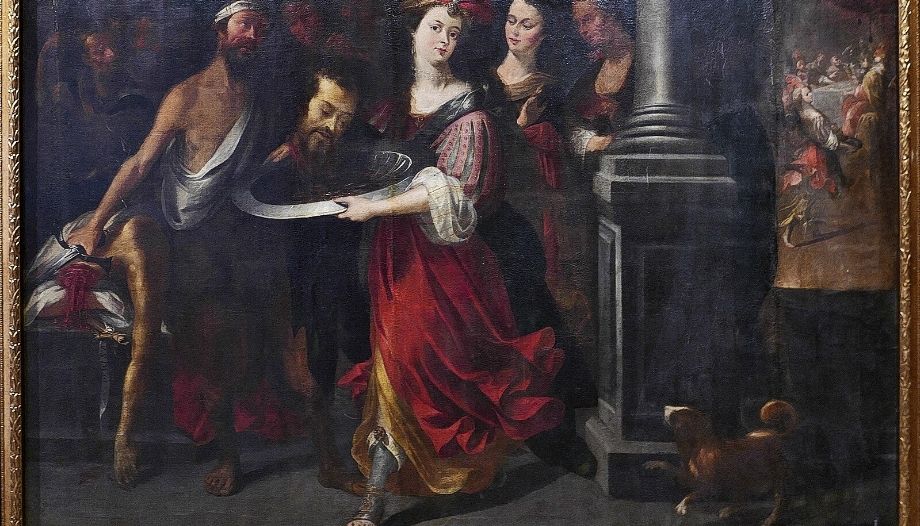John is a cousin of Jesus, conceived by Elizabeth from her husband Zechariah. His birth takes place about six months before that of Christ, according to the Gospel episode of the Visitation of the Virgin Mary to St. Elizabeth. The date of his death is placed between the year 31 and 32 AD. The general Christian consideration is that the Baptist dies as a martyr of the truth.
"He is not a martyr for the faith - because he is not asked to deny it - but a martyr for the truth. He is a 'just and holy' man condemned to death for his freedom of speech and for being faithful to his command." stated Pope Francis.
"As a true prophet, John bore witness to the truth without compromise." noted Pope Benedict XVI. "He denounced the transgressions of God's commandments, even when the protagonists were the powerful. Thus, when he accused Herod and Herodias of adultery, he paid with his life, crowning with martyrdom his service to Christ, who is truth in person."
The facts
The gospel narrative is well known. Herod had John imprisoned because of Herodias, his brother's wife, whom he had married. "For John said to Herod, 'It is not lawful for you to have your brother's wife'" (Mk 6:18-19). On the occasion of Herod's birthday, Herodias' daughter Salome danced in honor of the king. She pleased Herod and his guests so much that the monarch swore to give her anything she asked for, even half his kingdom. She, after consulting with her mother, asked for the head of John, who was beheaded.
According to the Vatican agency, today's memoir has ancient originsThe relic: dates back to the dedication of a crypt in Sebaste (Samaria), where the head of the Baptist was venerated as early as the middle of the 4th century. In the 12th century, Pope Innocent II had the relic transferred to the church of San Silvestro in Capite in Rome. The celebration of the martyrdom of St. John was already present in France in the 5th century, and in Rome in the following century.
Courageous testimony
Among the considerations that the figure and life of St. John the Baptist can suggest, "we can look especially at his courageous and heroic witness to the truth, which led him to martyrdom", has written on August 26 the Prelate of Opus Dei, Fernando Ocáriz. "I am reminded of the words of St. Josemaría: 'Do not be afraid of the truth, even if the truth brings you death' (The Way, no. 34).
"Without going to the extreme of martyrdom, love for the truth can bring with it, in some circumstances, inconveniences of various kinds and, at times, very notable ones," the prelate continues. "At the same time, love for the truth about the reality of the world and of oneself sets us free (cf. Jn 8:32); and, radically, the Truth that is Christ sets us free (cf. Jn 14:6). Without freedom we could not love, and without love nothing would be worthwhile".
The Franciscan Directory He underlines: "His disciples picked up the body, buried it and went to tell Jesus about it. In this way, the forerunner of the Lord, as a burning and shining lamp, both in death and in life bore witness to the truth".








